#larry kramer
Text
queer short film: "beirut dreams in color"
queer short cuts is a biweekly newsletter where i share queer & trans short film recommendations. i'm featuring some of my favorite films on tumblr because why not
youtube
lebanon | 2022 | 28 minutes | documentary short
audio in english & arabic; english subtitles available
beirut dreams in color, directed by michael collins, is not a happy film, but it is a beautiful and necessary one. the docu-short follows lebanese indie rock band mashrou’ leila, who have, since their inception, made their politics central to their music. their lead singer, hamed sinno, is heralded as the first openly gay rock star in the arab world, and mashrou’ leila played sold-out shows throughout the swana region (southwest asia & north africa) in the 2010s. the film weaves their story together with the tragic story of sarah hegazi, an egyptian queer activist, and with the story of helem, a lebanese lgbtq+ organization led by tarek zeidan, as their community in beirut faced a disaster in 2020.
deepa's full review, including content notes at the end - highly recommend looking at the content notes
hamed sinno is on instagram @hamed.sinno. you can also read more about sarah hegazi’s legacy and the community that grieves her.
#mashrou' leila#queer short cuts#queer film#documentary short#documentary#short films#film recommendations#music#michael collins#hamed sinno#sarah hegazi#lebanese queer film#tarek zeidan#haig papazian#mostafa fouad#larry kramer
124 notes
·
View notes
Text
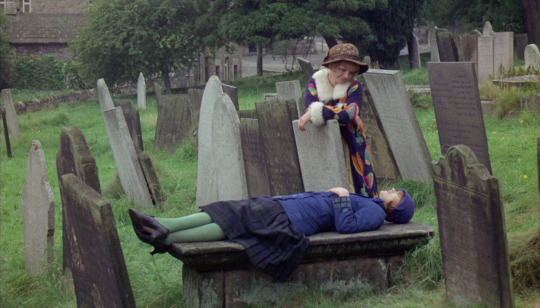


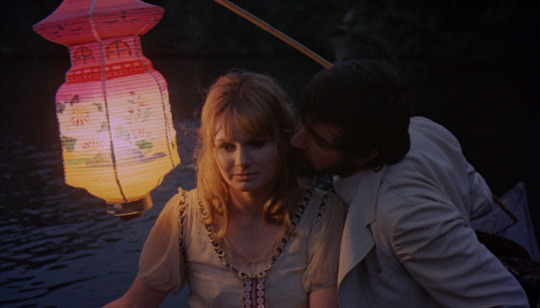
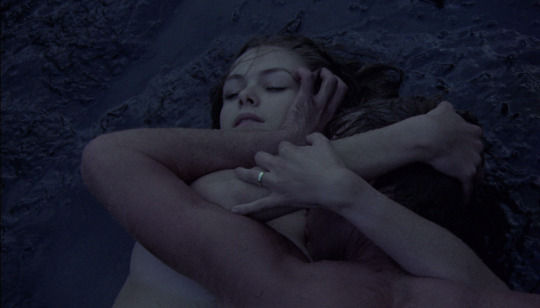
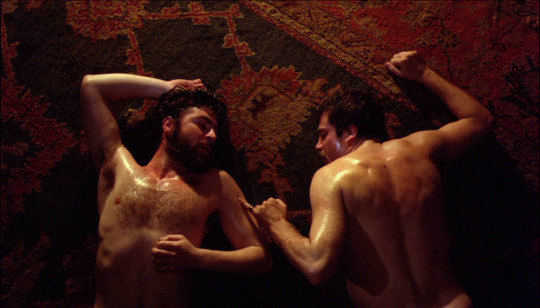

Women in Love (1969) Dir. Ken Russell
#women in love#ken russell#glenda jackson#alan bates#oliver reed#jennie linden#d h lawrence#larry kramer#film#films#movie#movies#edit#criterion#criterion channel#criterion collection
324 notes
·
View notes
Text
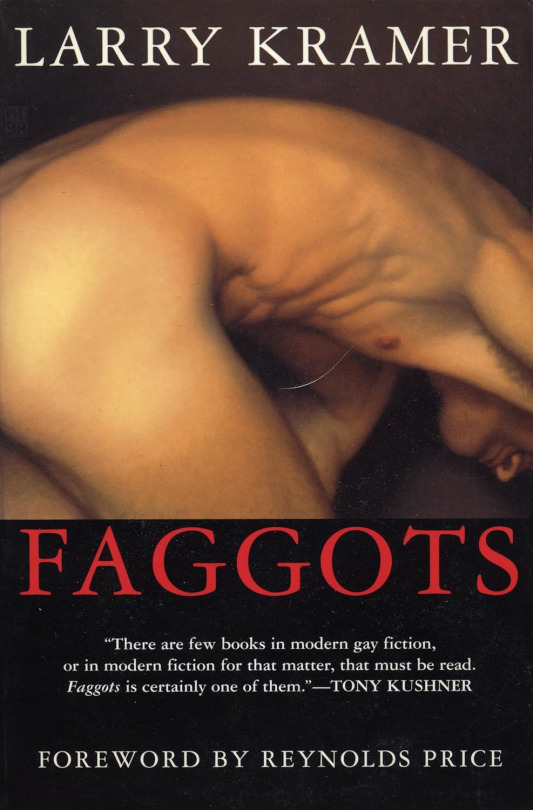
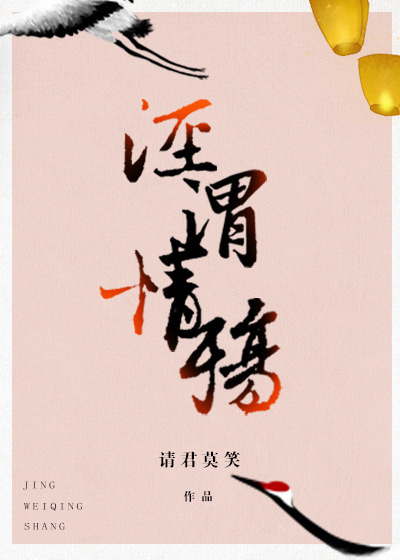
Faggots Summary:
An extremely blunt tale of life in New York City's gay scene in the 1970s. A snapshot of gay life and sex, of cruising and fire island written before AIDS. I have a half finished (I'll never finish it) review / blog post titled "The Gay Gatsby" . It adds so much important context to Kramer's later writing and activism during the AIDS crisis.
Clear and Muddy Loss of Love Summary:
A natural moat called the Luo river split the great land into two. Jing of the north, and Wei of the south.
One was the Prince of the grass plains who had no worries nor sorrow. One was a lawful Princess who received exclusive favour of the Emperor.
A war turned the Prince of the grass plains into an orphan, she who had laid dormant for ten years had originally planned to become a sycophantic official, to manipulate the enemy kingdom into chaos, but was appointed as Fuma at the Chionglin banquet.
Wait and see, how this debt of grudge from a fallen kingdom and devastated home will be settled.
#larry kramer#clear and muddy loss of love#jing wei qing shang#jwqs#baihe#lgbt books#lgbt literature#queer books#queer literature#lgbt#lgbtq#lgbtqia#poll#bookblr#booklr#books#literature#queer lit#web novel
6 notes
·
View notes
Text
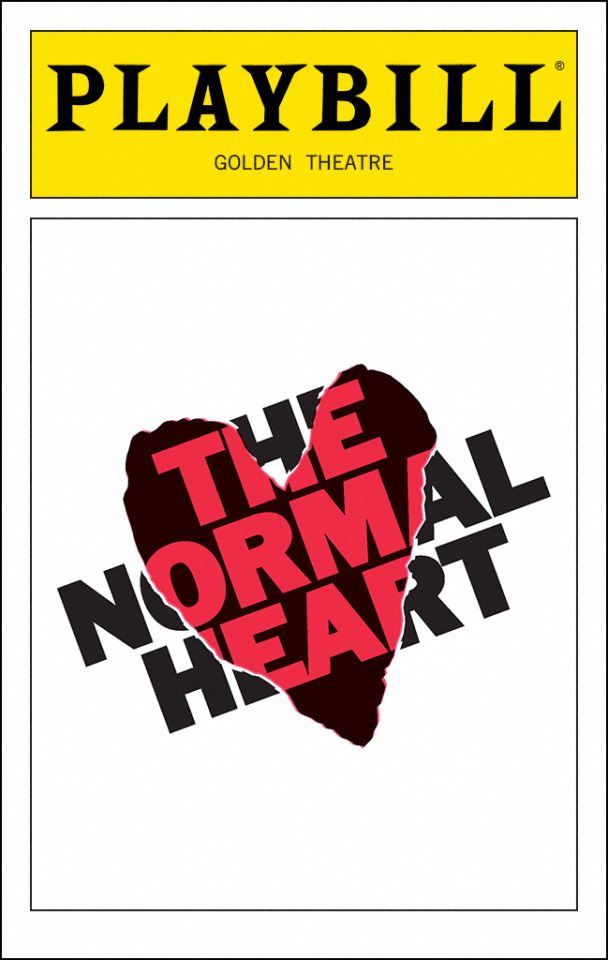
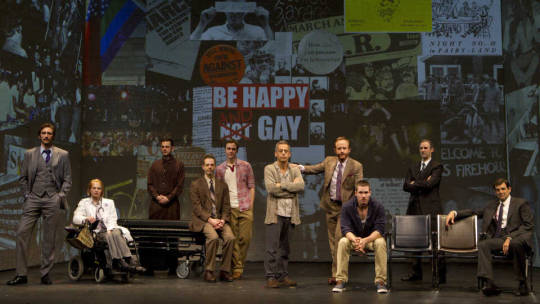
4 notes
·
View notes
Text
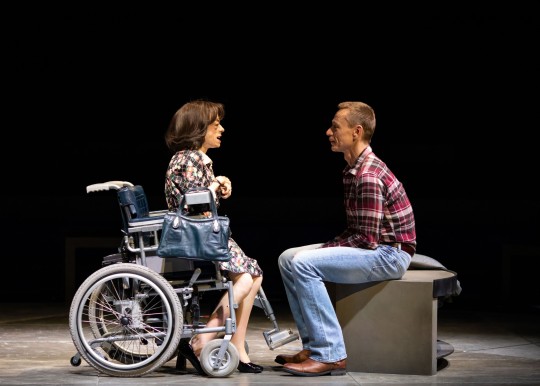
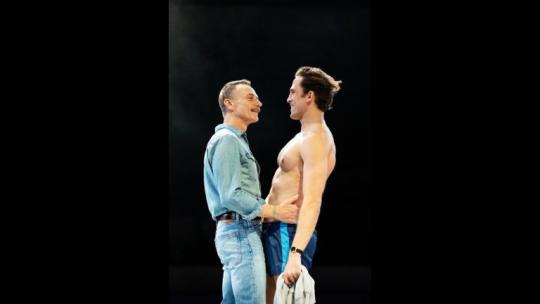

My Top Five Favorite Ben Daniels Characters (American Centered Roles): 4. Ned Weeks - The Normal Heart (2021).

#ben daniels#the normal heart#top five#production stills#stage#theater#theatre#national theatre#larry kramer
27 notes
·
View notes
Text
when the normal heart said health is a political issue and that this is not a civil rights issue it's a contagion issue and the cdc is a bunch of liars and people are dying OF COURSE we have to start telling people how to live and “i have the right to kill myself” “YES but you do not have the right to kill ME”
#this wasn't ahead of it's time it was very much OF it's time#unfortunately history is wheel i guess#larry kramer#the normal heart#hivaids#thtr#words#txt#*#layla reads
27 notes
·
View notes
Text
youtube
Watched this this weekend as my way of celebrating Pride. It's a documentary about ACT-UP. I didn't know much about them, although I lived through the AIDS era and was involved with another AIDS support organization. I recommend it, especially to younger queers who didn't have to live through that hell.
#how to survive a plague#queer history#larry kramer#thanks to whomever I follow who suggested this film#what a strange still to have as the cover for the trailer#Youtube
1 note
·
View note
Link
Love horror? Please, take a moment and donate just $5.00 to fund the next great Queer Horror film!
#aids crisis#aids activism#hiv aids#larry kramer#angels in america#vito russo#film#cinema#indie#horror#scary movie#Queer Cinema#queer horror#new horror film#new queer cinema#tony kushner#filmmaking#horror movie#lgbt#lgbtq community
3 notes
·
View notes
Text
Not everyone we need to meet is going to be a mentor or a hero (like Bayard Rustin, Dorothy Cotton or Larry Kramer). We are also destined to cross paths with horrible people (like Bill Buckley or Fred Trump). We must grow from both types of encounters.
#mygovernmentmeanstokillme#queer books#gay books#lgbtq books#booksbooksbooks#historical fiction#bayard rustin#larry kramer#Dorothy Cotton
3 notes
·
View notes
Photo

The entirety of the Larry Kramer-scripted Ken Russell adaptation of Lawrence’s Women in Love from 1969 can be watched on YouTube. (I would embed the video, but it’s age-restricted unless you’re signed in.) The film seems to me not notably inferior to the novel. Despite the symbolic and theatrical non-narrative technique Lawrence adopts, he is often too prolix and analytical. The novel must have wanted to be a film all along. And stressing the visual over the verbal tilts the tale’s ideological balance away from Lawrence’s Germanic apocalypticism to something lighter, brighter. Or, as I write in my new essay on the novel:
If my criticism above implicating Lawrence in the Holocaust was too heavy and moralistic, and it was, I will conclude by suggesting that the novel’s best critics were screenwriter Larry Kramer and director Ken Russell, who adapted Women in Love into a classic film of 1969. The gay and Jewish Kramer and the Catholic Russell revenge themselves on the ultra-Protestant Lawrence’s northern apocalypse by stressing the novel’s painterly pictorialism, often drowned in Lawrence’s prose-poetic prolixity, and the arch wit of its dialogue. Lawrence’s somber Nietzschean homoerotic fascism—as relevant as ever in our epoch of Bronze Age Pervert—melts into a more campy playfulness. Onscreen, the narrative’s sexuality, gay and straight, is unmistakably a matter of bodies in sweltering or shivering contact rather than star-souls in an abstract cosmic collision. And Glenda Jackson’s Oscar-winning turn as Gudrun fills out the character with the knowing sensuality and artistic gift she sometimes lacks in the novel.
I don’t quote much criticism in my essay. From my casual glance, Lawrence criticism doesn’t seem very interesting; it looks mainly biographical, mainly political. He’s a strange writer but not a puzzling or riddling one, so he doesn’t inspire the critic to virtuoso feats of exegesis like some of the other modernists. I only cite an essay from the ’70s by Joyce Carol Oates, who, despite her indeed ’70s-style feminism, once wrote that Lawrence (and Thomas Hardy) understood “the relations between the sexes” better than Jane Austen and George Eliot. I like a good offensive provocation, but this is apples-to-oranges, an unfair comparison; Hardy and Lawrence were writing later and could be more frank.
As for anti-feminism, I didn’t find the space to quote Camille Paglia’s tribute to Women in Love (collected in Vamps and Tramps), where, weirdly, this cinephile has nothing to say about a film adaptation that seems tailor-made for her. Like Oates, with whom she otherwise has nothing in common, Paglia judges Lawrence more insightful about men, women, and sex than second-wave feminism.
Lawrence’s caricatures of feminists seem realistic again, since the current [i.e., ’80s/’90s-era] reborn women’s movement similarly veered toward fanaticism, not just among the anti-pornography and anti-beauty ideologues (today’s Carry Nations) but among mainstream activists whose obsession with feminist rhetoric has supplanted all larger philosophical or cultural concerns. I now recognize in the dissatisfied, word-obsessed Gudrun Brangwen the bright, perfect, brittle overcontrolled women careerists of the legal, corporate, and academic worlds who have risen to prominence in the last twenty years and who coolly schedule their delayed pregnancies and professional childcare by the time clock. Their destined mate is Gerald Crich, the ultimate capitalist manager, patron of the body reduced to a machine.
Very prophetic of and influential upon the anti-neoliberal anti-girlboss anti-feminism of recent years. I will end, however, with her most compelling tribute to the novel’s aesthetics. While I tend to see Lawrence in the Puritan line—why he understood the American classics so well—she emphasizes his questing multiculturalism:
One of Lawrence’s major insights, a basic principle of Hinduism and Zen Buddhism, is that words cannot possibly correspond to or fully convey ultimate truths about life or the universe. By rhythmic repetition, surreal imagery, and heightened, operatic phrasings, Lawrence uses language to break through language in ways far beyond French poststructuralism with its bourgeois pedantry and preciosity. The characters of Women in Love struggle toward understanding, their rational and verbal resources overwhelmed by influx of unsorted sensory data and by eruptions of amoral unconscious impulses.
Once again, my essay on the novel is here.
#d.h. lawrence#larry kramer#ken russell#joyce carol oates#camille paglia#literature#literary criticism#cinema#film#modernism
2 notes
·
View notes
Quote
Still, old sources of angst occasionally encroached on Mr. Koch’s post-mayoral life. He shared an apartment building with Mr. Kramer, who mumbled to his dog about “the man who killed all of daddy’s friends” when they passed in the lobby.
The Secrets Ed Koch Carried
2 notes
·
View notes
Text
“ … men do not just naturally not love—they learn not to.”
The Normal Heart by Larry Kramer
0 notes
Text
larry kramer was so right when he said the gay community was a “mass of potentially superior beings that doesn’t know what to do with itself”
1 note
·
View note
Text
30 Days of Literary Pride - June 4

The Normal Heart - Larry Kramer
0 notes